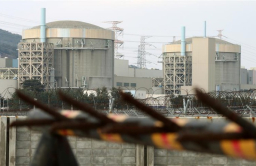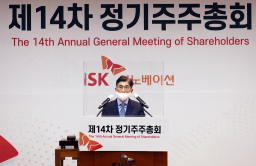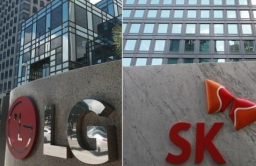-
KOSPI 2577.27 -2.21 -0.09%
-
KOSDAQ 722.52 -7.07 -0.97%
-
KOSPI200 341.49 +0.02 +0.01%
-
USD/KRW 1396 -2.00 0.14%
Korea: Underrated as seat of commercial arbitration
The KED View
Korea: Underrated as seat of commercial arbitration
The number of arbitration cases filed with the Korean arbitration body has been on the decline
By
May 10, 2024 (Gmt+09:00)
2
Min read
News+
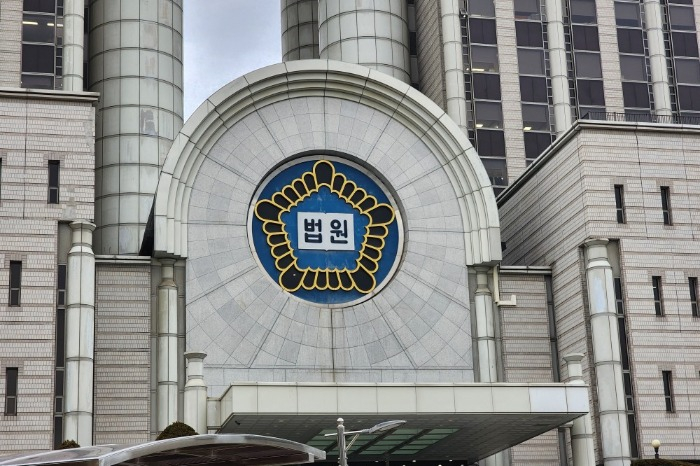
South Korean companies prefer seats of arbitration in other countries over domestic ones to resolve disputes even for the cases that could be settled at home, said an arbitration specialist, potentially putting them at a disadvantage by exposing them to unfamiliar foreign laws.
For local dispute cases with domestic peers, an increasing number of Korean firms resort to foreign arbitration experts, causing an increase in settlement costs and delays in the arbitration proceedings.
Further, they may not be able to persuade foreign arbitrators to consider the business environment in Korea in settling their cases.

“South Korea is an important player in the international arbitration community. It could be bigger, by convincing corporate users to see Seoul as the seat of arbitration,” she told The Korea Economic Daily this week, when asked what South Korea needs to become a preferred seat for arbitration.
“Korea's strengths are its people. Most of the law firms in the Korean market are known to the international arbitration community," she said on the sidelines of the biennial conference of the International Council for Commercial Arbitration (ICCA), the world’s leading arbitration institution.
"Not only are its users and clients enthusiastic about arbitration as a form of dispute resolution, but the culture of the legal community is also very pro-arbitration," She added.

HOME GROUND ADVANTAGE
Bao co-chaired the Programme Committee for ICCA 2024 Hong Kong, which took place on May 5-8 under the theme of “International Arbitration: A Human Endeavor.” She is also vice chair of the International Bar Association’s International Arbitration Committee.
Companies choose the governing laws and an arbitration body when entering into contracts in case disputes arise between them.
Settlement through international arbitrators often gives other countries the home ground advantage and leaves Korean companies vulnerable to foreign laws, working in favor of foreign business partners.
Still, Korea falls behind in the priority of governing laws and as a seat of arbitration.
The number of arbitration cases handled in South Korea has decreased.
In 2022, 38 arbitration cases between domestic and foreign companies were filed with the Korea Commercial Arbitration Board, about half of the 70 cases filed in 2019.
"In the global market, our companies have sufficient bargaining power, but they overlook the importance of a seat of arbitration," said Chung Hong-sik, a law professor and head of the International Legal Affairs Department at South Korea's Ministry of Justice.
The ministry launched the legal affairs bureau last year to better cope with corporate disputes and oversee arbitration proceedings.
There are no restrictions for choosing an arbitration body and governing laws to settle disputes. Thus domestic companies may as well make good use of South Korea's solid arbitration capabilities, said arbitration specialist Bao.
Write to Si-On Park at ushire908@hankyung.com
Yeonhee Kim edited this article.
More To Read
-
Dec 01, 2023 (Gmt+09:00)
-
Aug 02, 2023 (Gmt+09:00)
-
 Mergers & AcquisitionsGlenwood files $40 mn arbitration claim against Baring PEA
Mergers & AcquisitionsGlenwood files $40 mn arbitration claim against Baring PEAApr 21, 2023 (Gmt+09:00)
-
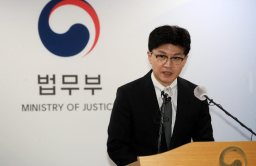 Private equitySeoul sees high odds of reversing Lone Star-favoring ruling
Private equitySeoul sees high odds of reversing Lone Star-favoring rulingSep 02, 2022 (Gmt+09:00)
-
May 03, 2022 (Gmt+09:00)
-
Mar 26, 2021 (Gmt+09:00)
-
Mar 04, 2021 (Gmt+09:00)
-
Feb 14, 2021 (Gmt+09:00)



